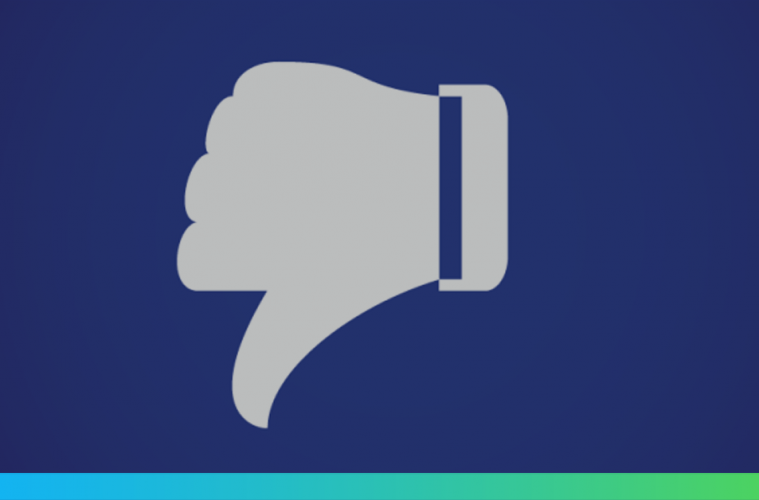Facebook boasts over 1 billion users and is worth $232 billion, but even it isn’t immune from the perils of the currency markets.
This week, Facebook reported that its Q1 earnings missed analysts’ estimates for the first time since 2012. Was this courtesy of hackers, diminished spending from advertisers or competition from other networks? No, it was the US dollar.
Through Q1, sales rose 42% to $3.54 billion – roughly the same size as the economy of Barbados– but would have risen 49% had the US dollar remained flat in the first three months. It rose by 5.6% on a trade-weighted basis (i.e. compared to a range of other major currencies) between Christmas and Easter.
5.6% doesn’t sound like a lot, especially over the course of a three month period, but based on Facebook’s $3.54bn worth of sales, that 5.6% is the equivalent of $180m of revenue that has been lost because of an unhedged currency risk.
Backing the Greenback for more
As the US economy continues to improve, and both analysts and commentators whip themselves into a frenzy about the possibility that the Federal Reserve might raise interest rates, the US dollar has risen against the majority of the world’s other currencies. The USD has also strengthened as other currencies have weakened – the Euro is down 22% in the past 12 months against the dollar as the market predicts lower interest rates for longer in Europe and worries about how the Greek crisis will be resolved.
So what can business owners learn from Facebook?
Anyone who buys or sells internationally will be affected by the movements between pairs of currencies – in other words, it’s not just a ‘big business’ problem. Regardless of the size of your business, dealing internationally brings risks as well as rewards and can directly affect your bottom-line. Ask anyone who buys or sells overseas, and they’ll tell you that while you can influence your business performance, you are powerless to stop profits being eaten by exchange rates if the market moves against you.
Hedging could be the answer. It’s a way to protect your business from this market volatility and save your bottom line – and no matter how big or small, every business has a bottom line. This is done through a ‘forward contract’ or ‘option contract’ which allows you to buy or sell a foreign currency at a predetermined price for a specified period of time. They are the only way to help you plan and forecast so that you don’t get caught out.
Surely that’s something to ‘like’?


